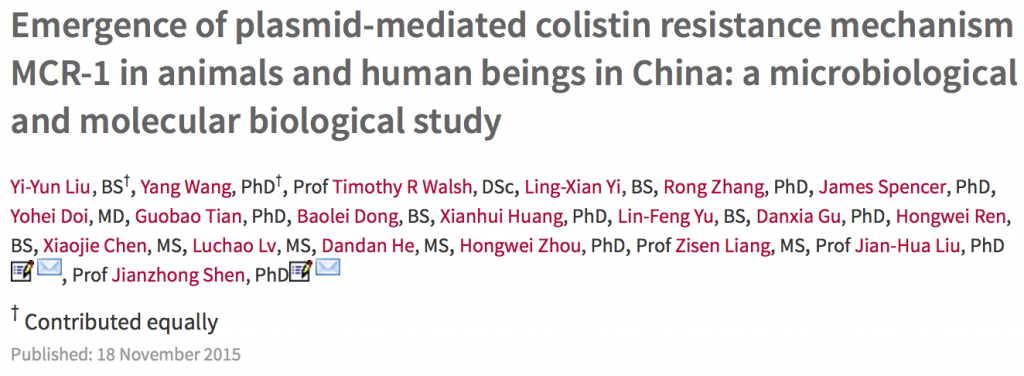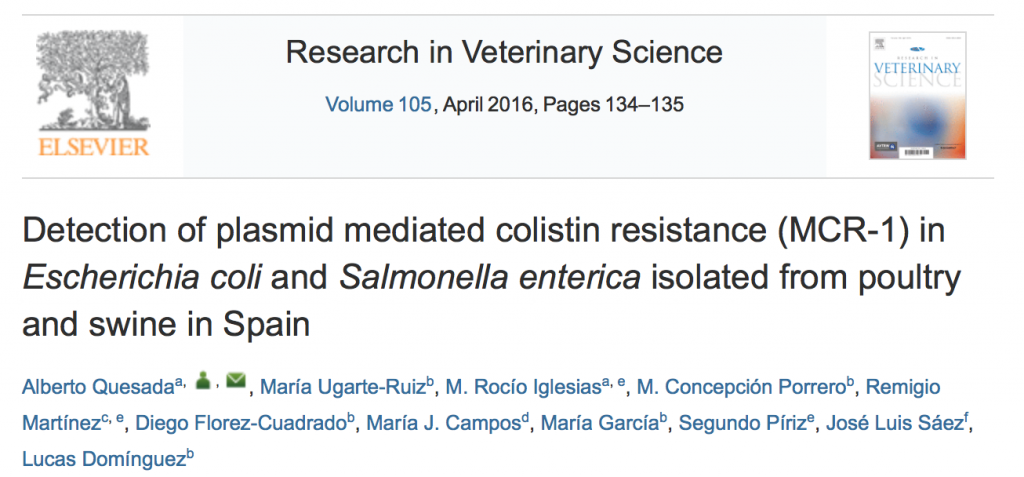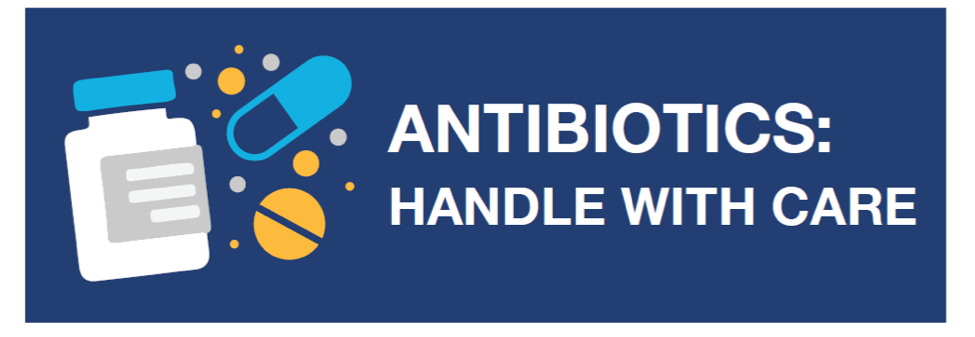Dr. Natasha Bagdasarian is the current director of the Antimicrobial Stewardship Programme at the National University Hospital in Singapore. She works as an Infectious Disease Consultant and Hospital Epidemiologist and is also an Assistant Professor at the Yong Loo Lin School of Medicine, National University Singapore. She has published multiple papers and book chapters in the area of Clostridium difficile infections, particularly in the treatment and prevention of these infections in older adults.
I think about antibiotics a lot. As an infectious disease physician, I prescribe antibiotics and I also work with a team of pharmacists in a hospital-based Antimicrobial Stewardship Program (ASP). Together we review the charts of inpatients on broad-spectrum antibiotics, and make recommendations to the prescribing physician to adjust, or even stop antimicrobials, based on our evaluation. As World Antibiotic Awareness Week begins, I would like to share a few thoughts with you.
We are running out of options for treating resistant infections. Multidrug resistance (in particular gram negative resistance) is a problem which threatens to turn medicine upside down. For many years, we have seen patients with lengthy hospital stays, and complicated medical issues, who develop infections with multidrug resistant organisms (MDROs) which are difficult to treat. Now we have started to see patients admitted from the community with common infections (urinary tract infections for example), for which typical antibiotics no longer work. This means our only options are drugs which are toxic, expensive, or suboptimal, and sometimes we have no therapeutic options at all.
In 2015, researchers detected bacteria, on routine surveillance of food animals in China, with resistance to colistin, an antibiotic of last resort, with features that would allow passage of resistance to other organisms. This resistance gene (MCR-1) has since been found in other parts of the world, from Asia, to Europe, North and South America; it was detected in Singapore this year. As a physician it’s frustrating and frightening to see patients with infections that are difficult or even impossible to treat. Among the ASP community, we refer to this as the post-antibiotic era. It is real and it is scary.
The only way to preserve antibiotics is to use less of them, and we as physicians are failing on this account. Antibiotics are prescribed for the individual, while having impact on the community, and yet physicians are not used to thinking this way. As doctors, we want to help people, and we are trained to seek the best possible outcome for our patient, but that often does not include weighing the larger impact to society.
Patients without any clear bacterial infection, are sometimes kept on antibiotics “just to be safe”; patients with uncomplicated infections are kept on antibiotics for longer than necessary; patients are kept on unneeded broad-spectrum antibiotics, despite microbiology results; and if a patient requests an antibiotic, even when we don’t think it is needed, we may give in – we don’t want to disappoint our patients, and we don’t want to send them away without treatment (even though for most viral infections, the only treatment is “tincture of time”).
The core tenet of medicine is “first do no harm”, and as physicians we need to recognize that this is a principle that should be applied to society, as well as to the individual patient. New antibiotics are not being developed at a fast enough rate to keep up with the emergence of MDROs. We need to educate one another, and maintain an awareness that antibiotics are a limited resource, which we must protect.




This design is incredible! You most certainly know how to keep a reader entertained. Between your wit and your videos, I was almost moved to start my own blog (well, almost…HaHa!) Great job. I really enjoyed what you had to say, and more than that, how you presented it. Too cool!
Managed Network Services Dallas